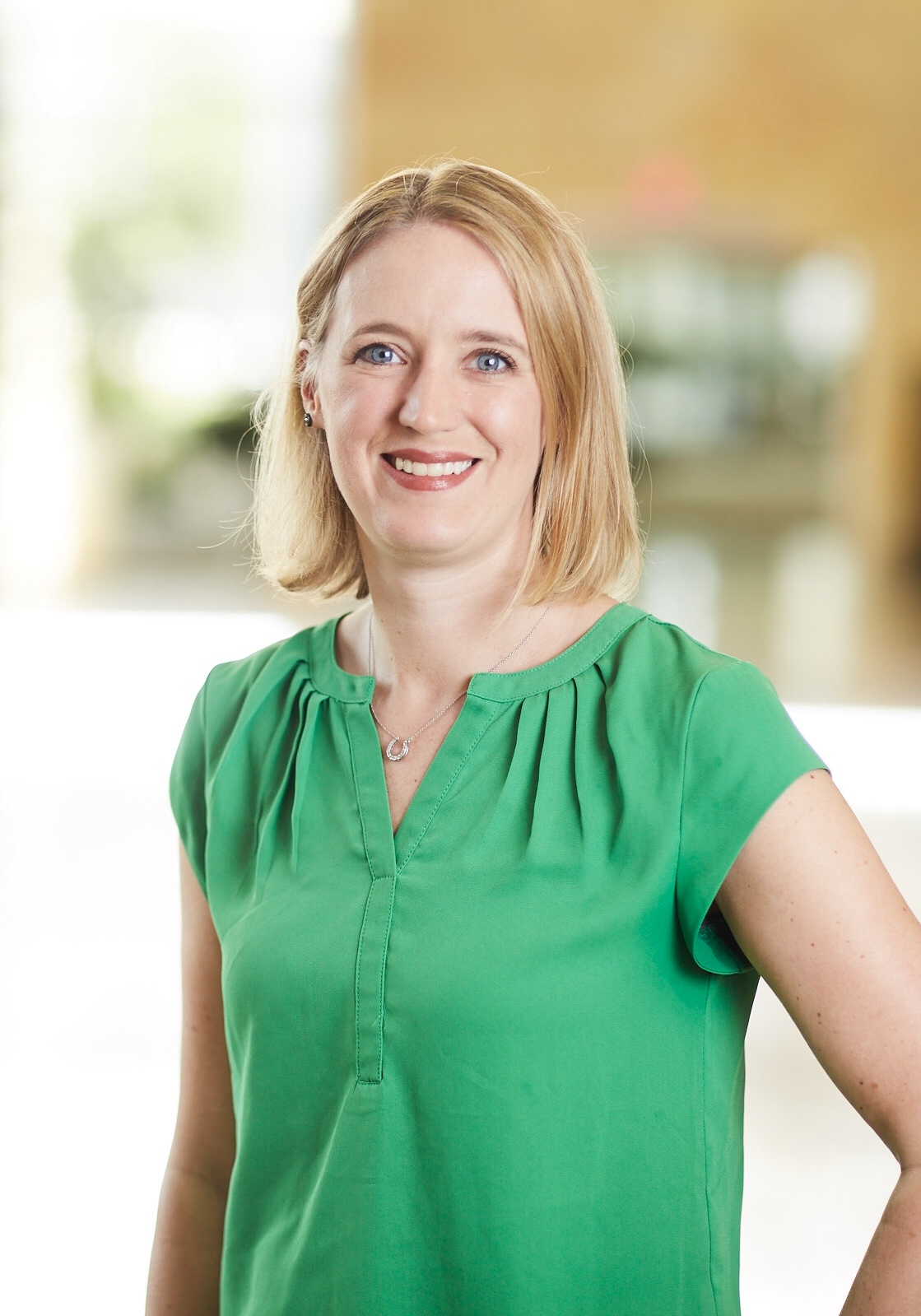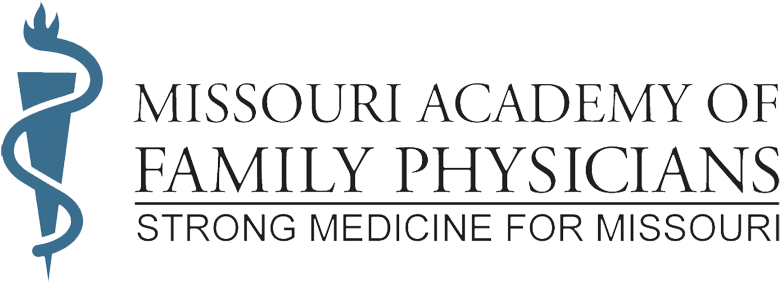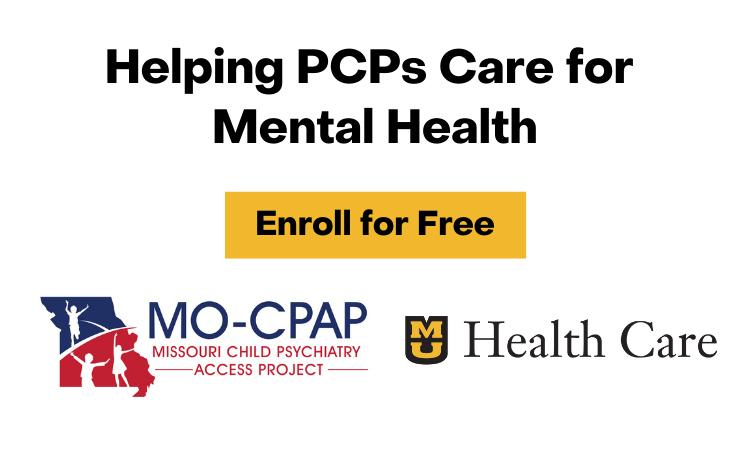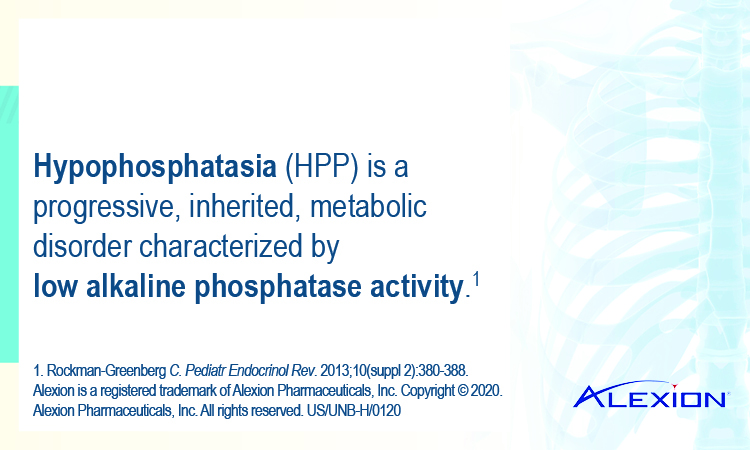Find Your Family Medicine Niche
Kara Mayes, MD
In 2013, in the middle of a fairly typical day of seeing patients in the office, I had a patient who asked me about a medicine called Qsymia, used for treatment of obesity. She had a friend who had been losing weight successfully with the help of this medication and wondered if it would be appropriate for her. As I was only a year out of residency, this patient got one of my frequent responses: “I’m not familiar with that medication, but let me look into it later this week and get back to you.” That single patient question led to quite a journey in my professional career.
In my research, I learned that in order to prescribe Qsymia at that time, I had to do some additional online education for the REMS program. In doing so, I actually felt that I understood the medication fairly well, along with learning some of the details about contraindications and side effects, dose initiation and escalation, and recommended monitoring for the medication. After learning those things, I reached back out to my patient to get her a prescription and schedule follow up.
Over the following 6 months, she lost over 40 pounds, and improved her hemoglobin A1c from prediabetes range to normal. During that time I started discussing medication as an option for several of my patients with obesity that were struggling to lose weight with lifestyle changes alone. As more patients had success, I also started to learn about the other medications available. I also started to see patients referred to me by my partners for discussion of medication for weight loss.
These visits became bright spots in my clinic days. I looked forward to celebrating success with patients and troubleshooting their challenges. I felt I was truly making a difference in their health and well-being. Patients were happy and I was happy. I then continued on to learn even more about obesity medicine, became a diplomate of the American Board of Obesity Medicine, and start a comprehensive weight management program for my medical group, while still continuing my primary care practice.
I truly believe that finding my niche in family medicine has been a large part of the reason I’ve avoided burnout these past several years. Having a special interest has allowed me to continue to learn and grow in a specific area, to be a resource for other family physicians who are interested in learning more for their patients, and to develop more leadership skills. Now that burnout is such a major problem in medicine, maybe we should all find a section of family medicine that allows us to thrive, whether that be a clinical interest, teaching, advocacy, or leadership.
About the Author
By: Kara Mayes, MD




